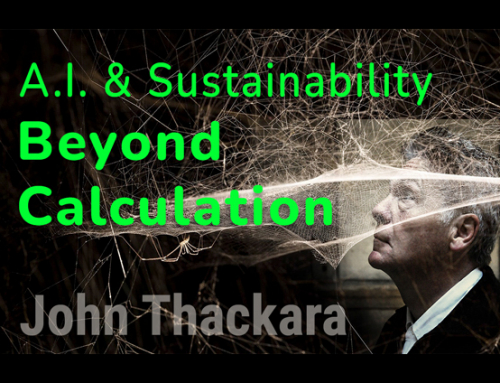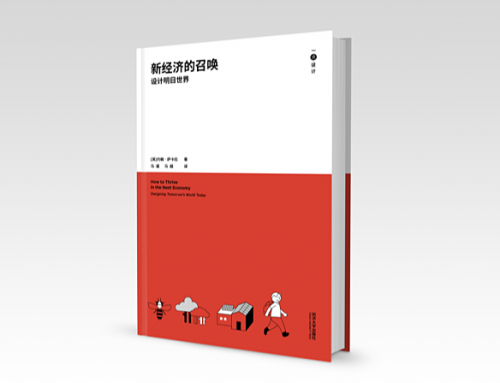Our friends at CKS in Bangalore have published a hefty research document called Emerging Economy Report. Key regions of the world, the report states, are being transformed by the phenomenon whereby soft infrastructure – such as, especially, mobile phone networks – is installed despite the absence of hard infrastructure (such as roads, or nation-spanning power grids). This is a crucial element of what Ezio Manzini calls the “leapfrog hypothesis” in which developing countries jump over the environmentally most damaging stages of industrial development. The CKS report confirms that emerging economies are indeed innovating environmentally efficient modes of energy consumption, whilst also achieving unprecedented economic growth. The Report contains a rich variety of images of real people in real places in India, China, Indonesia, South Africa, Kenya, Egypt and Brazil. It argues strongly for the importance of informal settlements in large cities where tens of millions earn their livelihoods in the informal economy; in developing countries, for example, the majority of urban retail is conducted outside the corporate sector. Favelas contain very few chiller cabinets. Although most micro-entrepreneurs operate outside the formal economy, they offer a dynamic and flexible variety of goods and innovative services in response to changing market needs. The irony is that although fifty per cent of all poor households practise home-based income generation of one kind or another, street traders are routinely rounded up and placed in compounds or cooperatives as part of a city’s “clean-up” programmes. Delhi, for example, is trying to get rid of 200,000 street food vendors in order to ‘clean’ the city for the 2012 Commonwealth Games. If the “clean up” is successful the effect will be to shift millions of citizens from a diet of freshly cooked food to one based on fat, burgers and frozen meals. Some 4.6 million informal economy workers have been displaced in South Asia in recent times and another 25 million are under threat of displacement. We can be pretty sure that these 25 million informal traders operate in a far more sustainable and efficient way than the heavy formal systems that would displace them. Let’s hope that the CKS report helps to persuade the private sector and governments that the informal sector is a vital and natural part of all efforts at social reconstruction and environmental sustainability. Every major company and government agency with an interest in emerging economies should buy this report. And then one of them please lend it to me because the cover price is euros 3,000.





